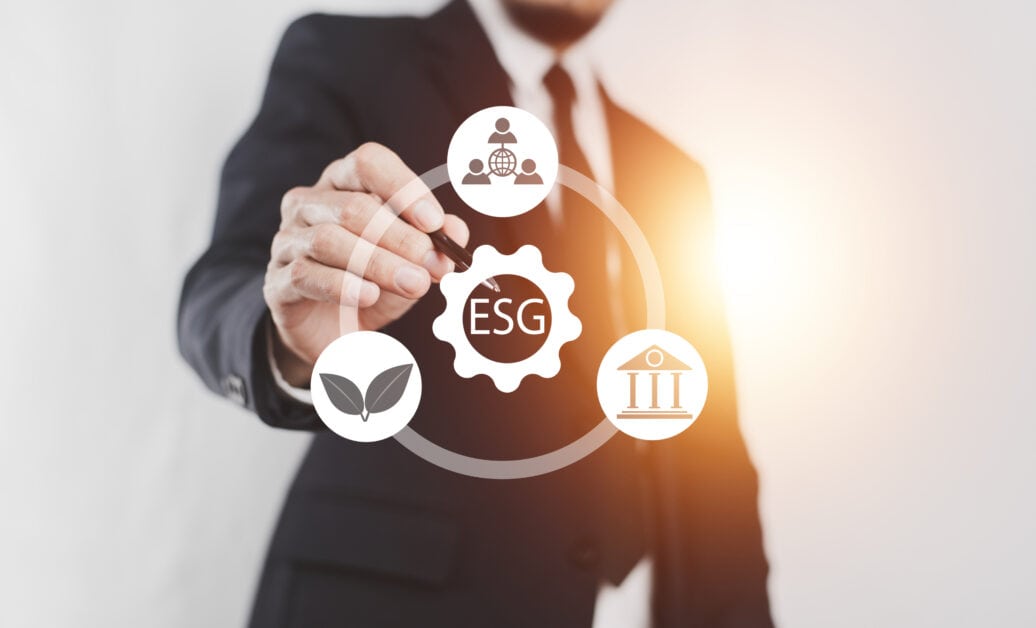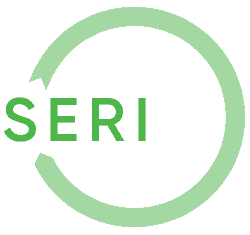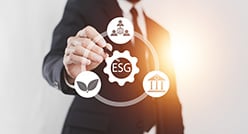Are you a professional with corporate sustainability experience or other relevant corporate experience paired with a track record of success in the sustainability field? Do you thrive in virtual working environments, pride yourself on being service-oriented, and flourish in small team dynamics? Do you have experience in the electronics supply chain?
Overview of the Position
At SERI, we consider ourselves “Champions of Electronics Sustainability” and serve as catalysts for change toward zero e-waste and a circular economy. For more than 15 years SERI has successfully led the multi-stakeholder development of the global R2 Standard and implemented an independent certification program for ensuring sustainability in the electronics value chain. We are leveraging that experience to begin development of a new standard that will systematically measure and report ESG metrics through the electronic value chain, meeting or exceeding regulatory requirements globally and enabling consistent and reliable metrics to benchmark and measure negative and positive impacts.
The ESG Standards Lead will lead the development and implementation of this ESG Reporting Standard. In this role you will engage with global stakeholders throughout the electronics value chain including manufacturers, recycling and repair facilities, regulators, and more to create and publish an ESG Reporting Standard in accordance with ANSI requirements for open standards development. The successful candidate will be passionate about sustainability, have an open mind, measured responses, and an eagerness to continuously learn and evolve with the position.
SERI is a small and lean organization with a lot of diversity in work opportunities. Keeping a lean footprint and a global workforce, SERI does not maintain a corporate office, so all employees work remotely. The successful candidate is an independent worker that is self-motivated and ambitious and does not need daily tasking and oversight. SERI employees are comfortable working in this “virtual” organization. Especially in this position, possessing a genuine growth mindset and a willingness to learn is critical to success. As a global organization, SERI communicates and meets with people in different time zones and parts of the world. This position offers significant flexibility in work hours with some non-traditional hours necessary.
Access to an environment with ergonomically adequate workspace, Internet, and phone connectivity to perform the job on a daily basis is required.
About SERI:
Sustainable Electronics Recycling International (SERI) is a global non-profit 501(c)(3) organization based in the United States that protects the planet and enriches lives by championing responsible decision making and sustainability with used electronics. Our mission is to help create a world where electronic products are reused and recycled in a way that promotes resource preservation, the well-being of the natural environment, and the health and safety of workers and communities. SERI does this through administration of the R2 (Reuse/Recycle) Certification Program (a global voluntary certification program for the safe and sustainable reuse and recycling of electronic equipment and components), R2 Mentors (a mentoring program within the R2 ecosystem), the Electronics Sustainability Alliance (our avenue for engaging with the business community), and as the secretariate of the IEMN (International E-Waste Management Network, a community that engages regulators around the world).
As a non-profit organization SERI seeks to grow its impact through new programs and opportunities. These programs will engage multiple international stakeholder groups and seek to have a positive impact to further a circular economy model for electronics towards a zero e-waste world.
Role Objectives:
The following outlines the primary areas of responsibility. Additional responsibilities or functions may be required as necessary to support the organization.
In this role, you will
- Develop an ESG reporting standard: Lead the launch of a new standard for ESG reporting in the electronics industry that is aligned with industry best practices and regulatory requirements in accordance with SERI’s ANSI accreditation.
- Develop an expertise in the subject matter of the standard: Stay updated on industry and sustainability reporting trends, research relevant regulation and similar ESG and Carbon Accounting standards systems.
- Engage with multistakeholder working groups: Collaborate with industry experts, representatives from regulatory bodies, and other relevant stakeholders to gather insights, opinions and feedback for the development and improvement of an ESG standard.
- Train and educate: Organize and develop training materials to educate different stakeholder groups.
- Communicate externally: Represent SERI at conferences, workshops and other standard-related events globally, collaborate with wider SERI team to communicate and deliver key messages related to the standard.
- Implement a standards assurance process: Responsible for the development, implementation and execution of a standard assurance plan, including creating the necessary guidance, training and oversight of assurance providers.
- Continuous improvement: Oversee changes and updates to the standard over time based on evolving industry practices, regulatory changes, stakeholder requirements, etc.
About You:
- Bachelor’s or master’s degree in sustainability or a related field
- Work with or in the electronics and IT sectors
- Experience with sustainability management systems, carbon calculations, lifecycle analysis (LCA), corporate sustainability and/or ESG reporting
- Experience with standards development and certification programs
- Broad range of experience with sustainability, environmental protection, social justice and more
- Experience coordinating projects, set priorities, meet deadlines and deliver high quality results
- Passionate about SERI’s mission
- Solutions-oriented and sustainability focused
- Excellent verbal and written communication skills
- Detail oriented
- Ambitious
- Proactive
- Communicative
- Eager to learn and grow
- Fluent in the English language
- Growth mindset and endless curiosity
- Critical thinking skills to filter information, make decisions, and solve problems.
Compensation:
An attractive compensation package will be provided to the successful candidate commensurate with education and/or experience. SERI provides a Simple IRA with matching contributions for retirement, a Health Reimbursement Account, Life insurance, and Disability insurance.










